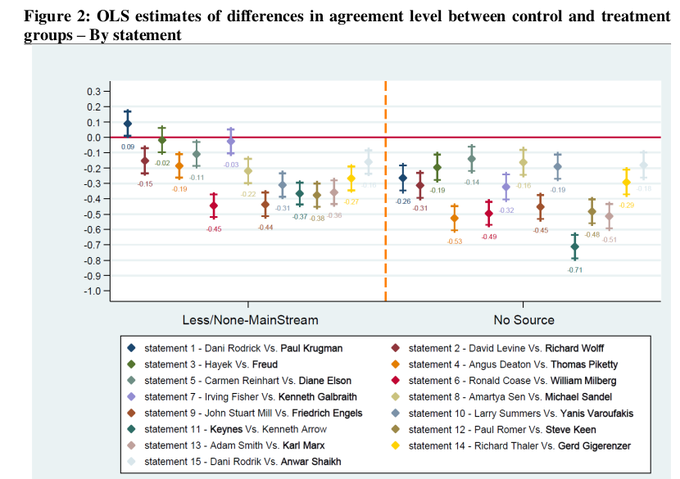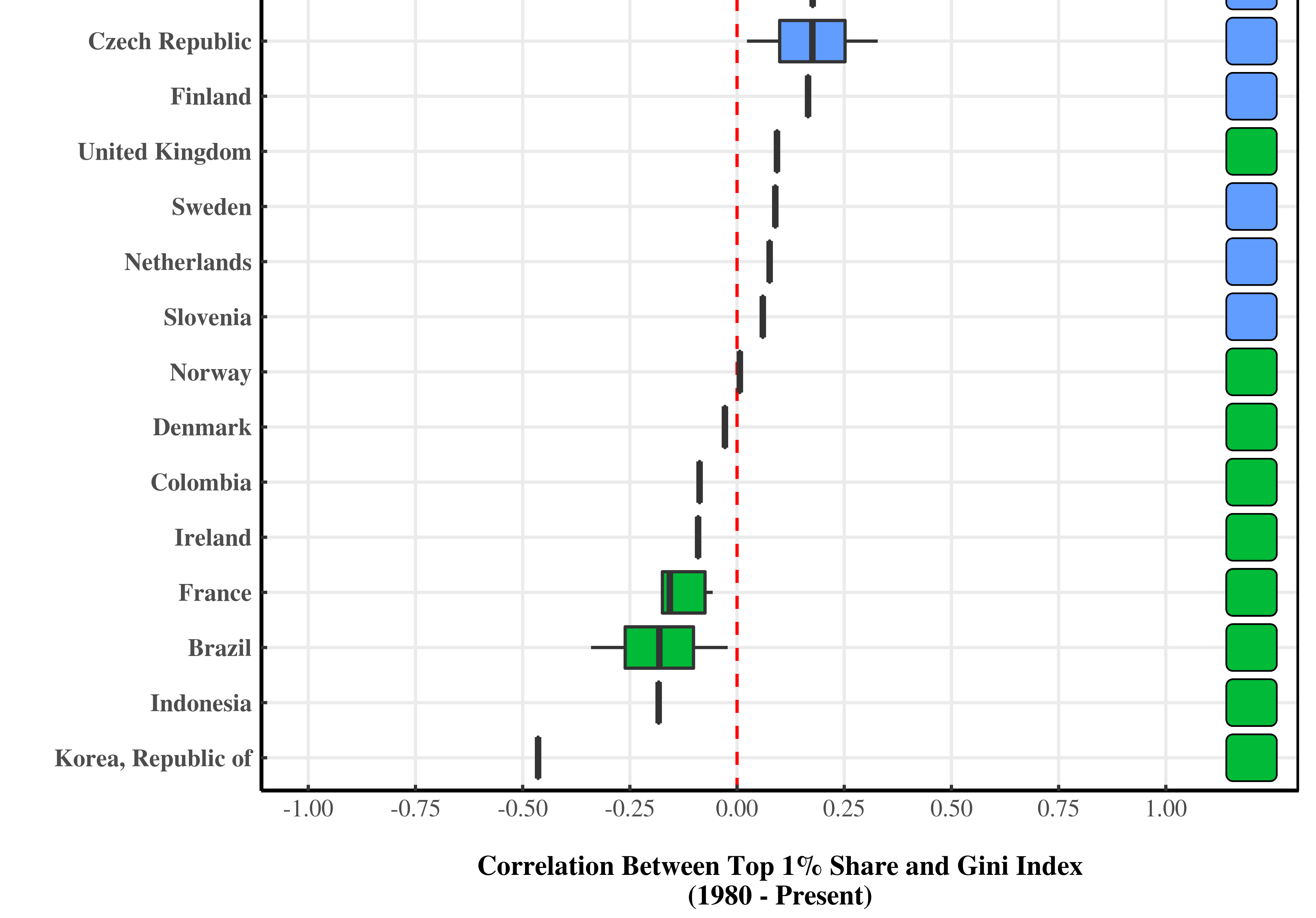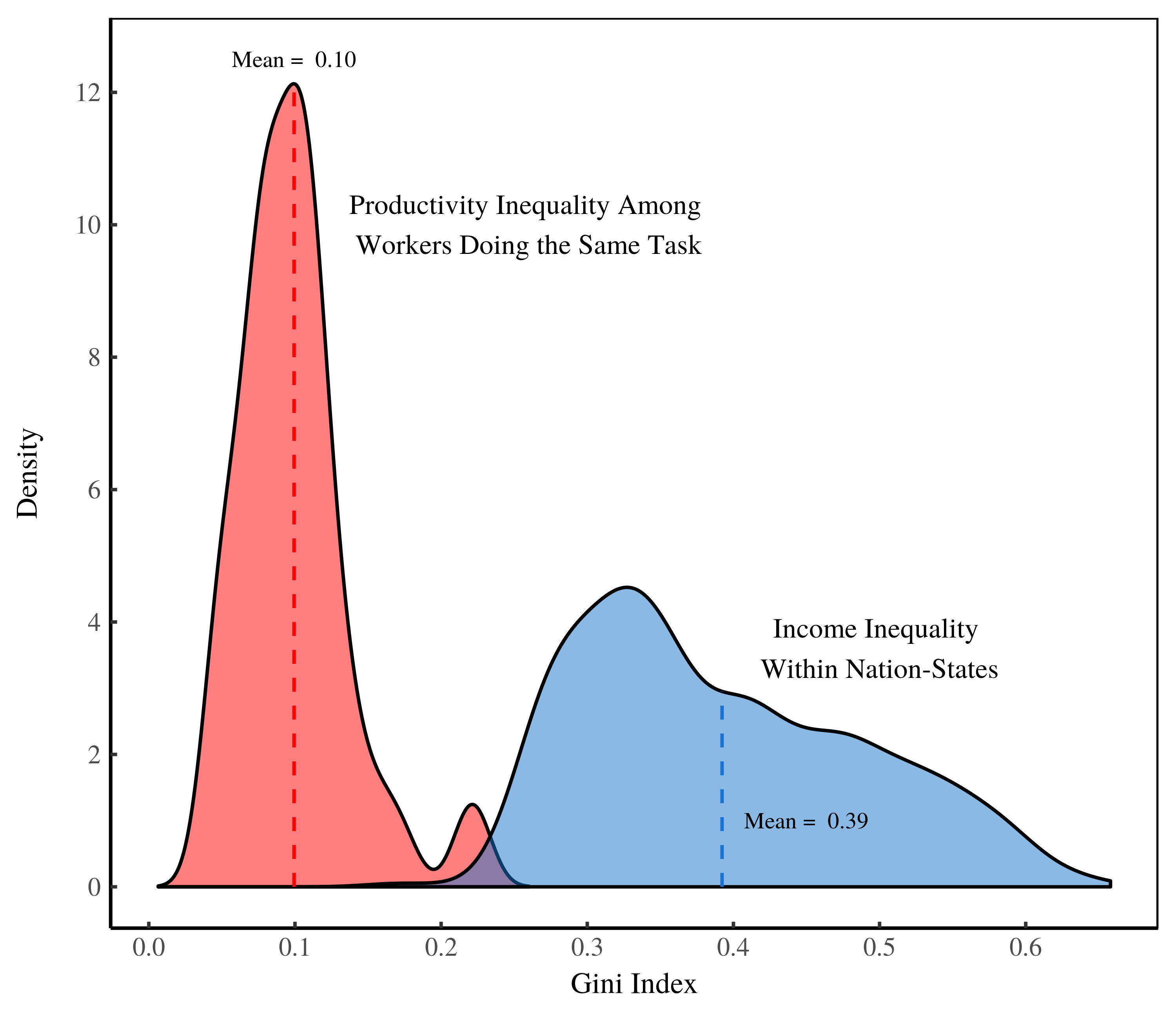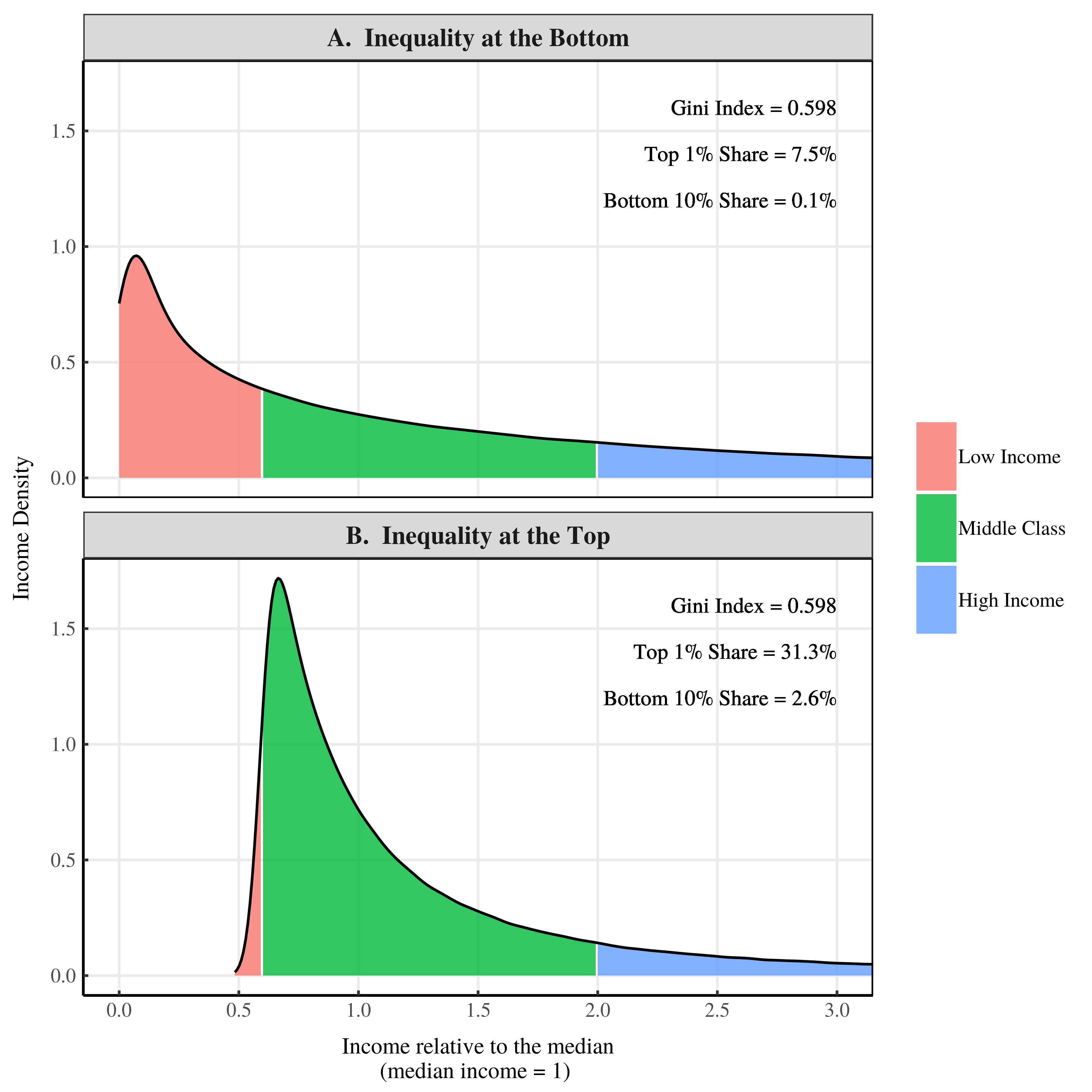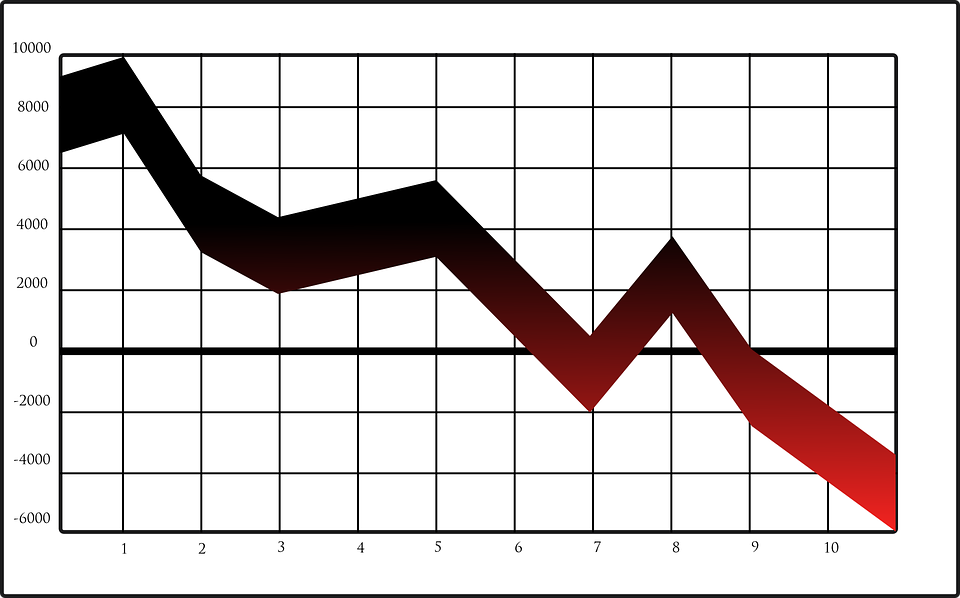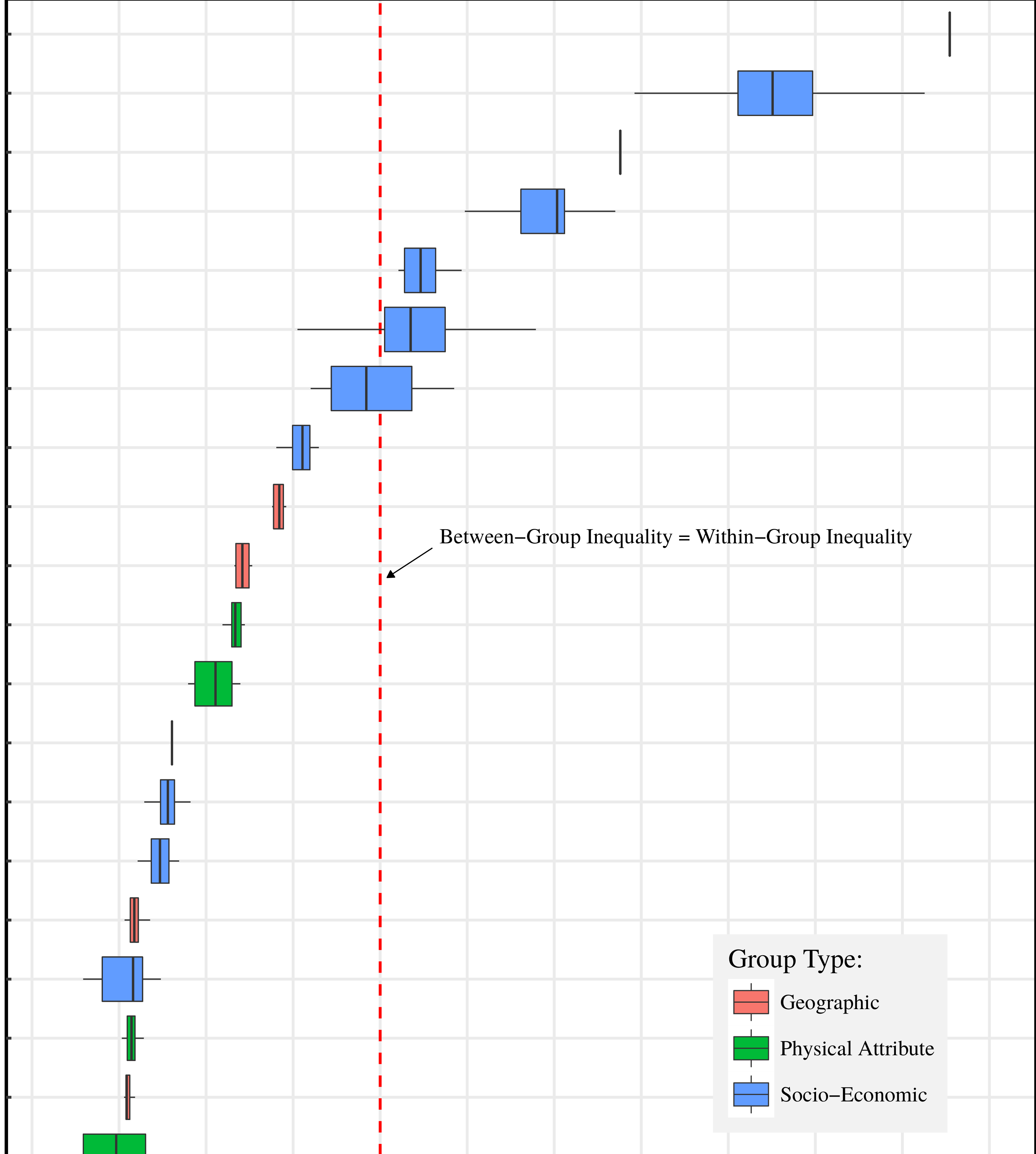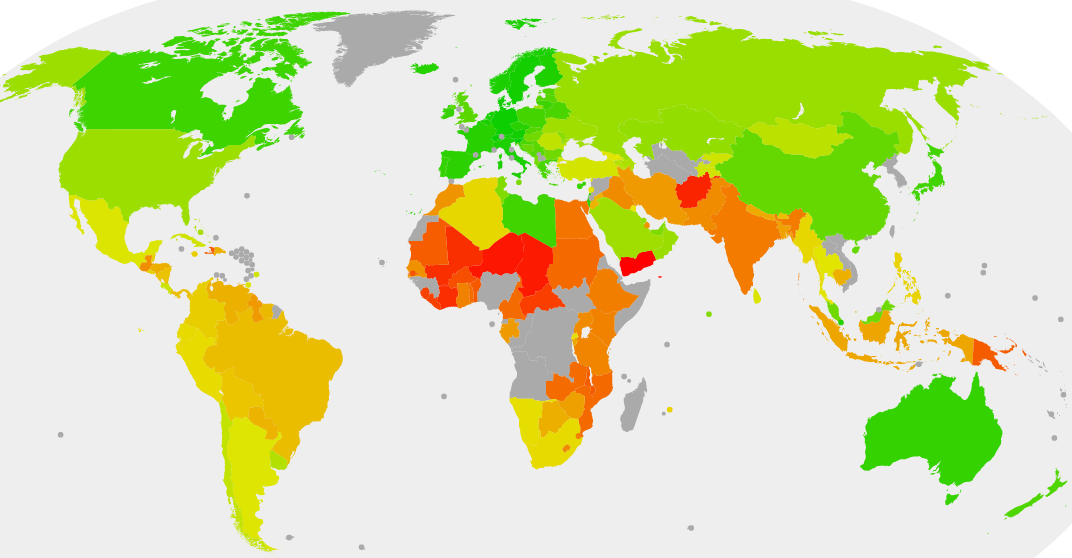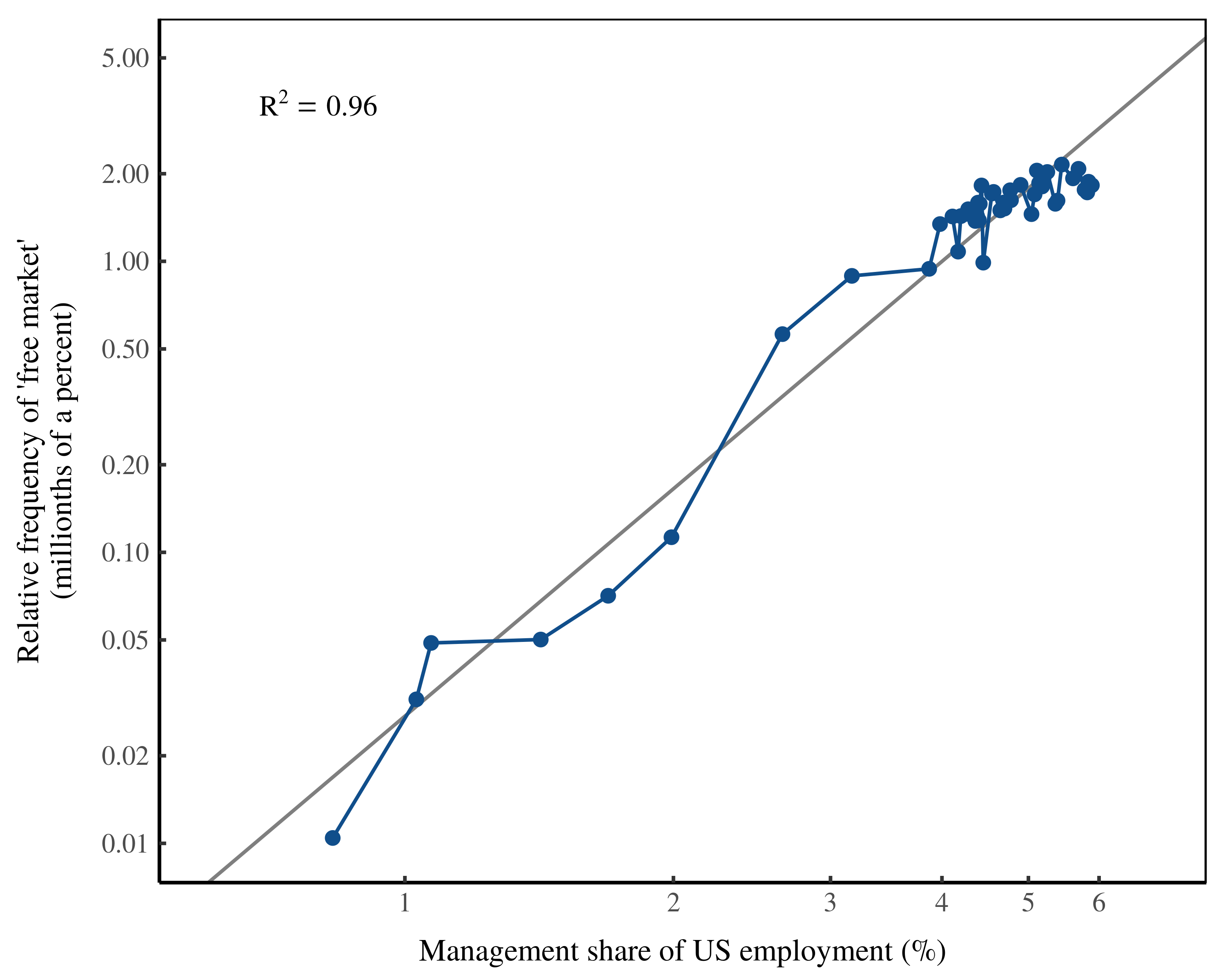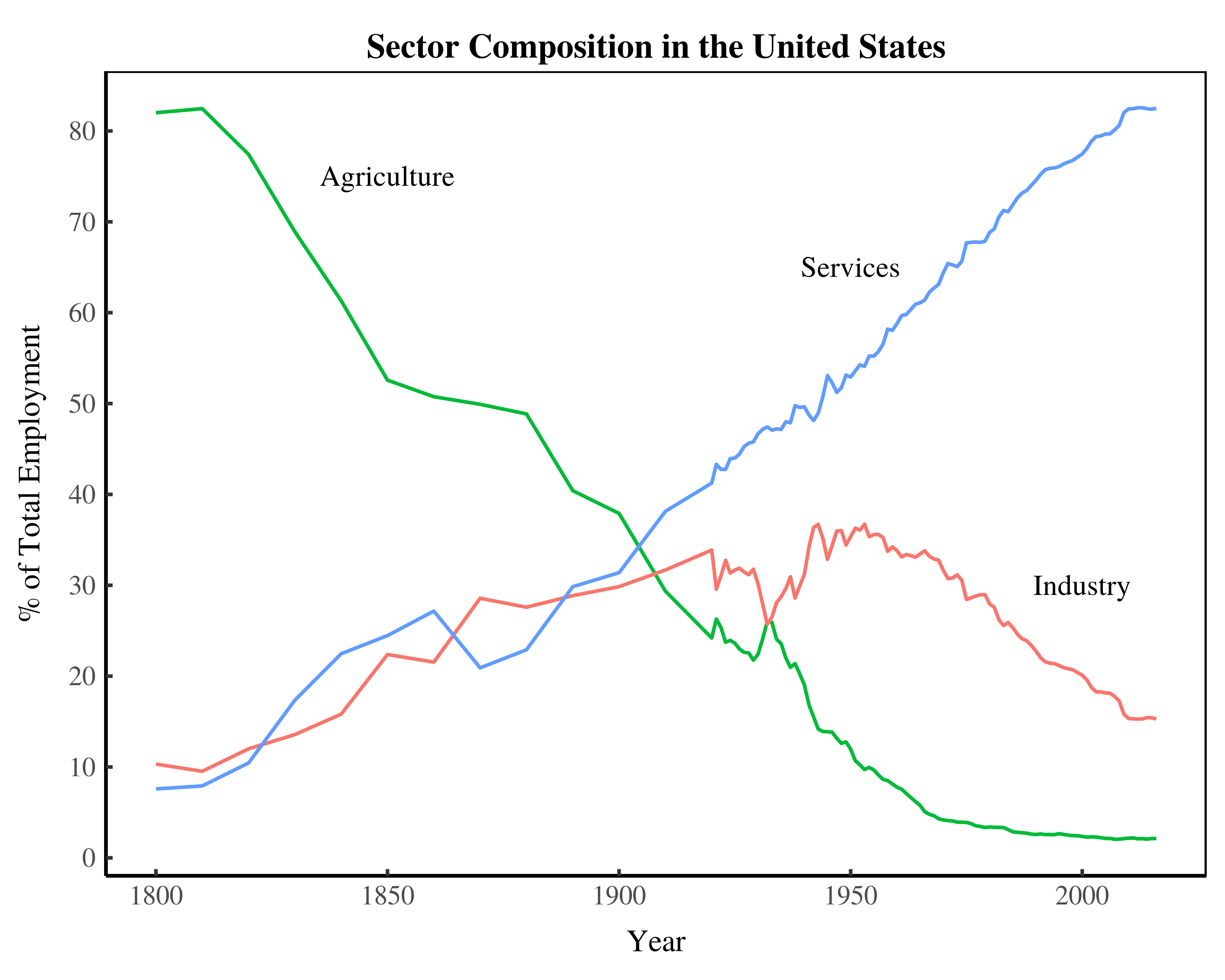Originally published on Economics from the Top Down Blair Fix A 25% chance. That’s the likelihood that when I tell someone I’m searching for a job, they’ll say: Remember, Blair … to land a job, it’s not what you know that matters. It’s who you know. OK, maybe I’m exaggerating this chance. Still, it’s an […]
Continue ReadingAn Evolutionary Theory of Resource Distribution (Part 1)
Originally published on Economics from the Top Down Blair Fix The biologist Theodosius Dobzhansky famously wrote that “nothing in biology makes sense except in the light of evolution”. I propose a corollary in economics: nothing in economics makes sense except in the light of human social evolution. [1] I explore here how the evolution of […]
Continue ReadingHager & Baines, ‘The Tax Advantage of Big Business’
Abstract Corporate concentration in the United States has been on the rise in recent years, sparking a heated debate about its causes, consequences, and potential remedies. In this study, we examine a facet of public policy that has been largely neglected in current debates about concentration: corporate taxation. As part of our analysis we develop […]
Continue ReadingTribalism in Science (and Economics)
Originally published on Economics from the Top Down Blair Fix If you ask the average person what ‘science’ is, they’ll probably answer something like ‘it’s what we know about the world’. To the lay person, ‘science’ is a body of facts. To the trained scientist, however, ‘science’ means something different. It’s not a body of […]
Continue ReadingA Reading List For Economic Heretics
Originally published on Economics from the Top Down Blair Fix Do you think that the discipline of economics is a sham — an ideology masquerading as science? If so, here is a reading list for you. These 10 books have influenced my thinking over the years. Read them and join me in the journey of […]
Continue ReadingWhen Inequality Increases and Decreases at the Same Time
Originally published on Economics from the Top Down Blair Fix In Problems With Measuring Inequality, I discussed how inequality is an ambiguous concept. The problem, in short, is that a single metric can never capture every aspect of a distribution of income. Much like we cannot tell the shape of an object from its perimeter […]
Continue ReadingNo, Productivity Does Not Explain Income
Originally published on Economics from the Top Down Blair Fix Did you hear the joke about the economists who tested their theory by defining it to be true? Oh, I forgot. It’s not a joke. It’s standard practice among mainstream economists. They propose that productivity explains income. And then they ‘test’ this idea by defining […]
Continue ReadingRethinking Causation in the Social Sciences
Originally published on Economics from the Top Down Blair Fix For the last few weeks, I’ve been thinking about causation in the social sciences. As with many instances of reflection, this was prompted by rejection. A political economy journal recently rejected a paper that I had submitted. The paper (available here) studied the correlation between […]
Continue ReadingProblems With Measuring Inequality
Originally published on Economics from the Top Down Blair Fix Economists often talk about income inequality the same way a doctor would talk about a child’s height. Just as a doctor would say “Sylvia continues to grow taller”, economists say things like “US income inequality continues to grow”. (Full disclosure, I’m sure I’ve said similar […]
Continue ReadingThe Legacy of Aaron Swartz: The Fight for Open Access
Originally published on Economics from the Top Down Blair Fix Over the past few weeks, I’ve been thinking a lot about Aaron Swartz. Swartz was an internet pioneer who, in his teens and early 20s, made huge contributions to computer culture. Among other things, Swartz helped develop RSS (which organizes web feeds), Markdown (a simple […]
Continue ReadingWhat If Scientific Impact Could Be Negative?
Originally published on Economics from the Top Down Blair Fix Scientists live and die by their scientific ‘impact’. For the uninitiated, ‘impact’ is a measure of a scientist’s contribution to their field. While there are many measures of scientific impact, almost all of them focus (in some way) on citations. So if more people cite […]
Continue ReadingBichler & Nitzan, ‘Making America Great Again’
Abstract Trump has promised to Make America Great Again. As a self-proclaimed expert on everything of import, he knows exactly how to increase domestic investment and consumption, boost exports, reduce the country’s trade deficit, expand employment and bolster wages. And as America’s leader-and-policymaker-in-chief, he has taken the necessary steps to achieve every one of these […]
Continue ReadingFix, ‘An Evolutionary Theory of Resource Distribution’
Abstract This paper explores how the evolution of human sociality can help us understand how we distribute resources. Using ideas from sociobiology, I argue that resource distribution is marked by a tension between two levels of natural selection. At the group level, selfless behavior is advantageous. But at the individual level, selfish behavior is advantageous. […]
Continue ReadingFix, ‘Personal Income and Hierarchical Power’
Abstract This article examines the relation between personal income and hierarchical power. In the context of a firm hierarchy, I define hierarchical power as the number of subordinates under an individual’s control. Using the available case-study evidence, I find that relative income within firms scales strongly with hierarchical power. I also find that hierarchical power […]
Continue ReadingAre We Measuring Inequality the Wrong Way?
Originally published on Economics from the Top Down Blair Fix In a recent blog post called “How Not to Measure Inequality”, the anthropologist Jason Hickel argues that economists measure inequality the wrong way. Hickel thinks that standard measures of inequality (such as the Gini index), underestimate global disparities. The problem, according to Hickel, is that […]
Continue Reading2019/02.1: Fix, ‘How the Rich are Different: Hierarchical Power as the Basis of Income Size and Class’
Abstract This paper investigates a new approach to understanding personal and functional income distribution. I propose that hierarchical power — the command of subordinates in a hierarchy — is what distinguishes the rich from the poor and capitalists from workers. Specifically, I hypothesize that individual income increases with hierarchical power, as does the share of […]
Continue ReadingThe Allure of Marxism … And Why It’s a Mistake
Originally published on Economics from the Top Down Blair Fix Karl Marx is probably the most important social scientist in history. But while his influence is beyond compare, Marx’s legacy is, in many ways, disastrous. Few thinkers have inspired so many people to commit crimes against humanity. Think of Stalinist gulags. Think of the Ukrainian […]
Continue ReadingAs it Dies, We Talk About the ‘Free Market’ More
Originally published on Economics from the Top Down Blair Fix In The Growth of Hierarchy and the Death of the Free Market, I argued that economic development involves killing the free market. What was the evidence? As energy use increases, so does the relative number of managers. This growth of managers, I argued, indicates that […]
Continue Reading2019/04: Hager and Baines, ‘Jurisdictional Tax Rates: How the Corporate Tax System Fuels Concentration and Inequality’
Abstract Corporate concentration in the United States has been on the rise in recent years, sparking a heated debate about its causes, consequences, and potential remedies. In this study, we examine a facet of public policy that has been largely neglected in current debates about concentration: corporate tax policy. As part of our analysis we […]
Continue ReadingCan A Service Transition Save the Planet?
Originally published on Economics from the Top Down Blair Fix Let’s talk sustainability. Unless you’re an anti-science crank, you probably agree that we’ve got a problem with carbon emissions. We need to drastically cut emissions to avoid catastrophic climate change. On this we should all agree. The question that’s open for debate is how to […]
Continue Reading



